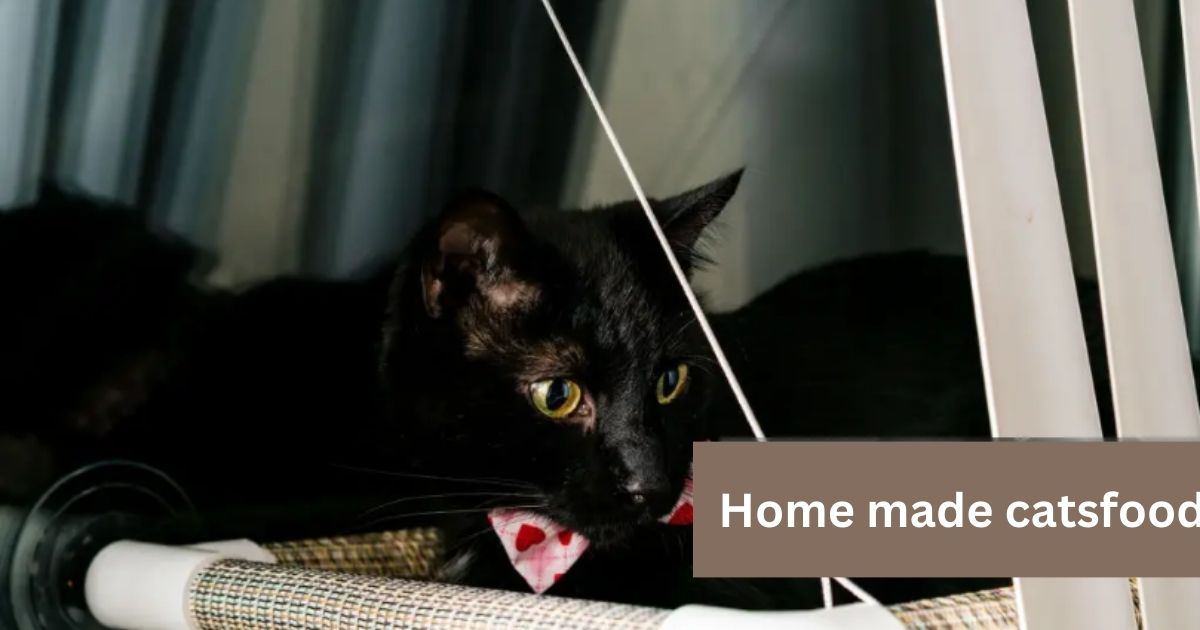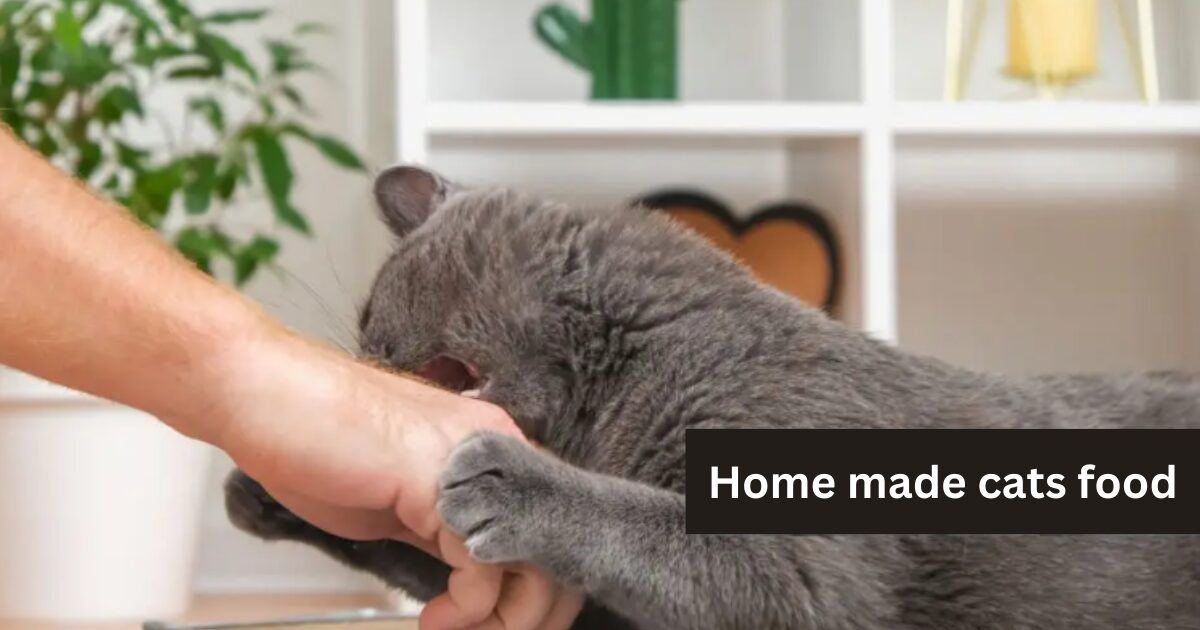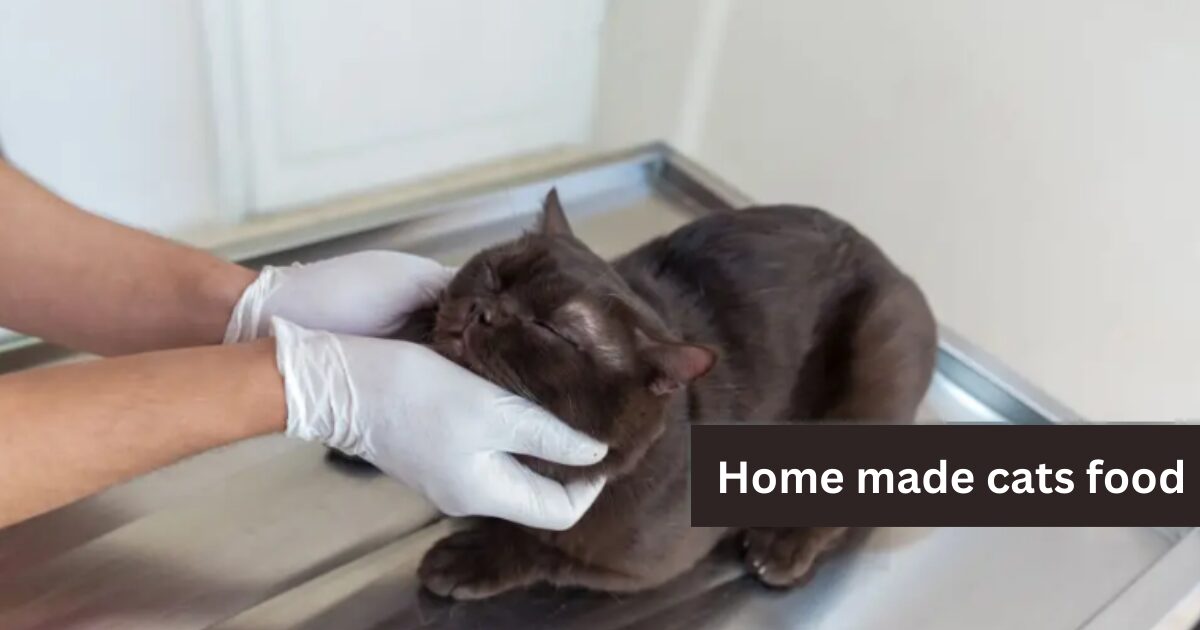As devoted puppy proprietors. we work difficult to ensure our cats satisfied and wholesome. like human beings weight management is crucial for your toddler’s fitness. But determining the weight of cats can be more hard than anticipated. Factors inclusive of age breed interest level. And body composition can affect your cat ideal weight.
In this text we will give an explanation for the intricacies. For your cat ideal weight. control providing facts. And steering that will help you keep your cat. At a healthy weight for an extended energetic existence.
Understanding Feline Body Condition:
Before we get into the details of determining your cat ideal weight.. It is important to understand how to measure. What’s your cat’s body like? Veterinarians often use a scale of 1 to 9 to rate a cat’s body; 1 is overweight and 9 is obese.
Your cat should score around 5 on this scale have healthy muscle and fat tissue. And an attractive body when viewed from above. Signs of good health in cats include: The ribs can felt. But cannot seen with little effort. The waist is visible when viewed from above. The abdomen is tense when viewed from the side.
Factors Influencing Feline Weight:
- Weight: Different cats have different sizes and weight preferences. For example breeds such as Maine Coons. And Scottish Folds may be larger and heavier than smaller ones. Such as Siamese or Abyssinian cats.
- Age: Kittens have higher caloric needs to support their growth and development. While senior cats may must fewer calories due to decreased activity levels. And metabolic changes.
- Activity Level: Cats with more active lifestyles generally burn more calories. Than cats with less active lifestyles and need more calories each day to maintain this level. weight.
- Neutering: Spaying or neutering changes can cause your cat to gain weight. If its metabolism and appetite are not adjusted . Determining Your cat ideal weight.:
Although general guidelines provide a starting point. It is important to consult your veterinarian to determine your cat’s weight. Based on your cat’s characteristics and health. Your veterinarian can perform a comprehensive physical examination. And make personalized recommendations based on your cat’s needs.
To help check your cat’s weight at home consider the following steps:
- Weigh your cat : Weigh your cat using the animal assessment. Or at your veterinarian’s office. Record their weight over time to track changes.
- Body Composition Score: Use the body composition score mentioned earlier to measure. Your cat’s body composition. If they differ from the ideal body adjust their diet and exercise .
- Health Management: Provide your cat with a healthy diet that meets its unique needs. To prevent excess weight do not overeat and pay attention to portions.
- Regular Exercise: Let your cat play and make time for physical activity to help him. Maintain a healthy weight and prevent obesity.
- Veterinary Guidance: Schedule routine health checks with your veterinarian to check . Your cat’s weight address your concerns and receive nutritional guidance and weight management. Potential Health Risks of Obesity:
Obesity in cats can cause many health problems and affect the quality of life and longevity. Some of the risks associated with obesity include:
- Diabetes Mellitus
- Arthritis
- Heart Disease
- Respiratory Issues
- Decreased Immune Function
By maintaining a healthy weight through proper nutrition. And exercise you can help reduce the risk of these conditions and enable your cat to live a full life.
Remember every cat is unique. So it’s essential to tailor your approach. To suit their individual needs and characteristics. With proper care and attention you can ensure your cat enjoys a healthy and vibrant life by your side.
Is 7 kg Too Heavy for a Cat?
Although 7 kg may seem like an important point for a cat’s weight. Whether it is overweight or not depends on many factors. Such as the cat’s breed body composition and health. Your cat’s weight health depends not only on the number of scales. But also on the measurement of your cat’s body and health.
Body Condition Scoring:
Veterinarians often use a body weight scale to measure a cat ideal weight.. And body composition. This scale usually ranges from 1 to 9; 1 indicates underweight and 9 indicates obesity. A cat with an ideal body usually scores around 5 its ribs are palpable. It is not covered in excess fat and it has a clear girth when viewed from above.
A well cat that weighs 7 kg but has a body weight score of 5 is not considered overweight or obese. But if the cat has excess fat, lacks body girth or has difficulty moving this may be a sign. That the cat is overweight for its size and design. Health Risks of Excess Weight:
Being overweight of cat can cause many dangers for cats like it does for humans. Obesity in cats increases the risks of:
- Diabetes: Obesity can lead to insulin resistance and diabetes. This situation needs to controlled and monitored.
- Arthritis: Being overweight can put extra pressure on your cat’s joints. Causing pain inflammation and reduced mobility.
- Heart Disease: Obesity puts cats at risk of heart disease and high blood pressure. Which can lead to heart disease.
- Respiratory problems: Obese cats may experience respiratory problems. Due to narrowing of the lungs and pressure on the chest.
- Poor Activity: Obesity can suppress the immune system. Making cats more susceptible to infections and other health problems.
Managing Your Cat’s Weight:
If you concerned that your cat may be overweight. Or obese be sure to consult your veterinarian for proper evaluation. And personalized advice. Your veterinarian can assess your cat’s weight, body and general health. And make recommendations on diet exercise and weight management. Tips for Managing Your Cat’s Weight:
- Good Nutrition: Provide your cat with a healthy diet that meets its nutritional needs. While also controlling its calorie intake. To avoid overeating do not feed and pay attention to their size.
- Regular exercise: Encourage physical activity and make time for play. And exercise to help your cat burn calories and maintain weight.
- Veterinary Care: Schedule regular checkups with your veterinarian. To check your cat’s weight and health. Your veterinarian can provide guidance and support throughout your cat’s weight management process.
- Lose weight: If your cat needs to lose weight focus on losing weight to avoid health problems. Poor nutrition or rapid weight loss will harm your cat’s health.
- Patience and Persistence: Weight management takes time and determination. So be patient and persevere when it comes to making changes to your lifestyle and appearance. check the progress.
In conclusion although 7 kg may seem too heavy for a cat even if it is very heavy. It depends on many factors such as the cat’s breed body composition and behavior. Full health. By assessing your cat’s physical condition consulting with your veterinarian. And using nutrition and exercise strategies, you can help your feline friend reach. And maintain body weight for a long lifetime. Remember that every cat is unique so tailor your approach to their needs. And characteristics.
This article explores the concept of cat ideal weight the factors that influence it and whether 7 kg. It is too much for a cat emphasizing the importance of body measurements. And complete health nutrition. It provides information on how to manage your cat’s weight highlights the risk of obesity. And offers weight management tips.
1. What is the most appropriate cat’s weight range?The optimal weight for cats may differ based on variables such as breed, age, as well as the size. In general, adult cats need to maintain the weight between 8 and 10 pounds, though it is possible to differ.2. How do I know whether my cat is overweight or in the middle?It is possible to determine the weight of your cat by rubbing their spine and ribs. Healthy cats should have a felt but not obvious the ribcage or spine. Contact your vet to get a professional assessment.3. What are the potential risks from having a cat who is overweight?The overweight cat is at risk of a myriad of diseases. Such as joint pain diabetes or heart diseases, as well as shorter lifespans. It’s crucial to regulate your cat’s weight to prevent the health risks.4. What can I do to assist my cat to gain and keep a healthy weight?Offering a balanced diet limiting portions. And promoting regular exercise are essential to help your cat reach and keep an appropriate weight. Your vet can suggest an appropriate diet and exercise program.5. What can you do in the event that my cat seems in the weight range of a cat?In the event that your cat’s overweight check with your vet to identify any possible health problems. They may suggest changes to your diet and feeding supplements. As well as other methods to assist your cat to gain weight in a safe and controlled manner.



Simply wish to say your article is as amazing The clearness in your post is just nice and i could assume youre an expert on this subject Well with your permission let me to grab your feed to keep updated with forthcoming post Thanks a million and please carry on the gratifying work.
Thank you